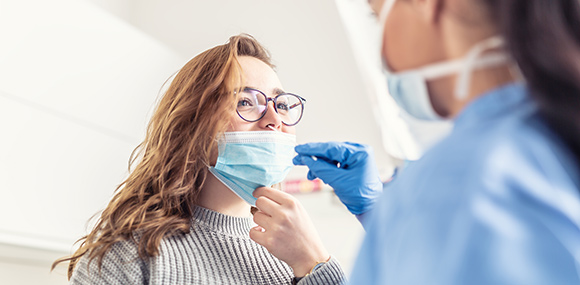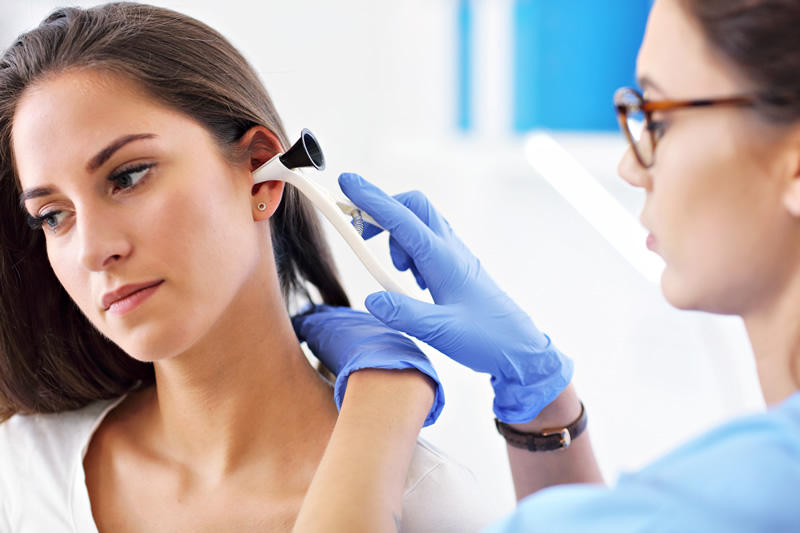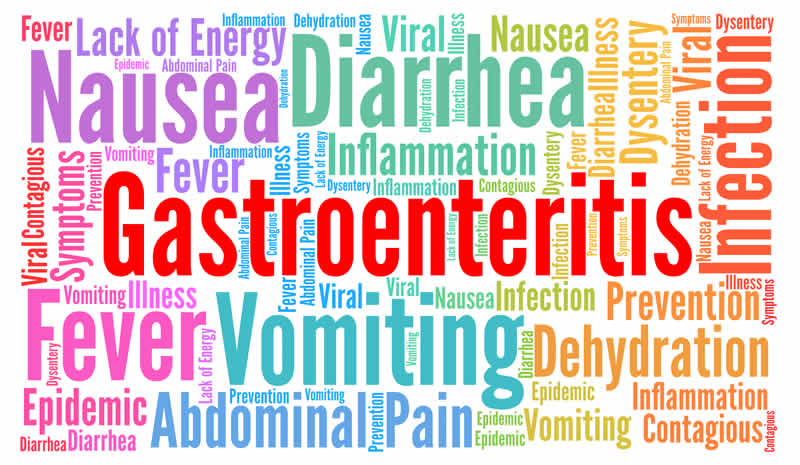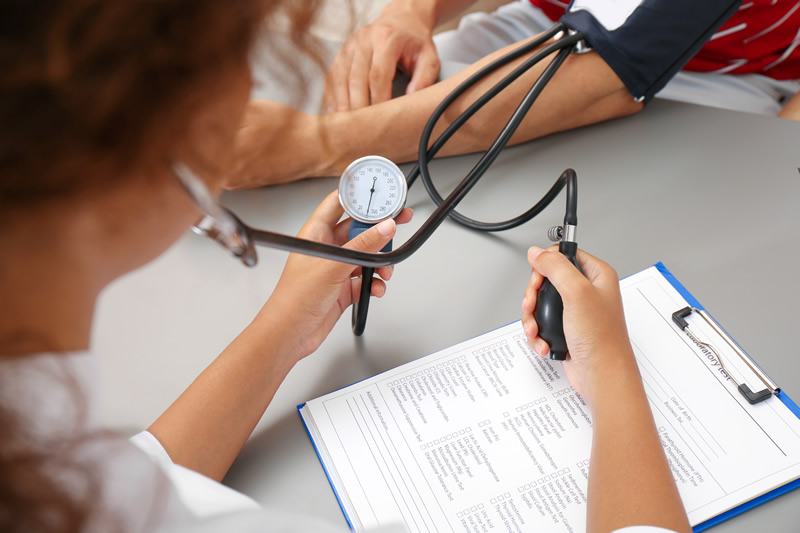
SAME DAY RESULTS
Need to travel? Make your Pre-departure travel PCR test with us, and you will get same day results
Make your travelling easier with your pre-flight PCR tests. Most countries now require you to provide proof of a negative Covid-19 test in order to gain entry. This is commonly known as a Fit to Travel Certificate / Pcr test Certificate.
Many of our favourite holiday destinations are starting to welcome back travellers to their sunny shores once more. Although you might now find that some destinations require you to provide evidence of a negative COVID-19 PCR test, printed or digital Pcr certificate to be shown upon arrival.
COVID-19 and PCR Testing
The nose swab PCR test for COVID-19 is an accurate and reliable test for diagnosing COVID-19. A positive test means you likely have COVID-19. A negative test means you probably did not have COVID-19 at the time of the test. Get tested if you have symptoms of COVID-19 or have been exposed to someone who tested positive for COVID-19.
What is a PCR test?
PCR means polymerase chain reaction. It’s a test to detect genetic material from a specific organism, such as a virus. The test detects the presence of a virus if you have the virus at the time of the test. The test could also detect fragments of the virus even after you are no longer infected.
What is a COVID-19 PCR test?
The polymerase chain reaction (PCR) test for COVID-19 is a molecular test that analyzes your upper respiratory specimen, looking for genetic material (ribonucleic acid or RNA) of SARS-CoV-2, the virus that causes COVID-19. Scientists use the PCR technology to amplify small amounts of RNA from specimens into deoxyribonucleic acid (DNA), which is replicated until SARS-CoV-2 is detectable if present. The PCR test has been the gold standard test for diagnosing COVID-19 since authorized for use in February 2020. It’s accurate and reliable.
Who should get tested for COVID-19?
Your healthcare provider may recommend testing for COVID-19 if you have any of the following symptoms:
- Fever or chills.
- Cough.
- Shortness of breath or difficulty breathing.
- Fatigue.
- Muscle or body aches.
- Headache.
- New loss of taste or smell.
- Sore throat.
- Congestion or runny nose.
- Nausea or vomiting.
- Diarrhea.
Not everyone with COVID-19 develops symptoms. And not all symptomatic people develop all of the symptoms listed above. Please check with your healthcare provider if you’re feeling unwell during the COVID-19 pandemic — even if you’ve been vaccinated.
TEST DETAILS
There are three key steps to the COVID-19 PCR test:
1. Sample collection: A healthcare provider uses a swab to collect respiratory material found in your nose. A swab is a soft tip on a long, flexible stick that goes into your nose. There are different types of nose swabs, including nasal swabs that collect a sample immediately inside your nostrils and nasopharyngeal swabs that go further into the nasal cavity for collection. Either type of swab is sufficient for collecting material for the COVID-19 PCR test. After collection, the swab is sealed in a tube and then sent to a laboratory.
2. Extraction: When a laboratory scientist receives the sample, they isolate (extract) genetic material from the rest of the material in the sample.
3. PCR: The PCR step then uses special chemicals and enzymes and a PCR machine called a thermal cycler. Each heating and cooling cycle increases (amplifies) the amount of the targeted genetic material in the test tube. After many cycles, millions of copies of a small portion of the SARS-CoV-2 virus’s genetic material are present in the test tube. One of the chemicals in the tube produces a fluorescent light if SARS-CoV-2 is present in the sample. Once amplified enough, the PCR machine can detect this signal. Scientists use special software to interpret the signal as a positive test result.
What do COVID-19 PCR test results mean?
A positive test result means that it's likely that you have an infection with SARS-CoV-2. This could be due to asymptomatic infection, but if you have symptoms, then this infection is called COVID-19. Most people have mild illness and can recover safely at home without medical care. Contact your healthcare provider if your symptoms get worse or if you have questions or concerns.
A negative test result means you probably didn't have an infection with SARS-CoV-2 at the time your specimen was collected. However, it's possible to have COVID-19 but not have the virus detected by the test. For example, this may happen if you recently became infected but you don’t have symptoms yet — or it could happen if you've had COVID-19 for more than a week before being tested. A negative test doesn’t mean you are safe for any length of time: You can be exposed to COVID-19 after your test, get infected and spread the SARS-Cov-2 virus to others.
If your test is positive, talk with your healthcare provider, stay home and separate yourself from others. If your test is negative, continue to take steps to protect yourself and others from getting COVID-19.
What's the difference between the PCR and antigen tests for COVID-19?
There are two types of tests for COVID-19: the PCR test and the antigen test.
- Polymerase chain reaction (PCR). This tests for the presence of the actual virus’s genetic material or its fragments as it breaks down. PCR is the most reliable and accurate test for detecting active infection. PCR tests typically take hours to perform, but some are faster.
- Antigen test: This detects bits of proteins on the surface of the virus called antigens. Antigen tests typically take only 15 to 30 minutes. Rapid antigen tests are most accurate when used within a few days of the start of your symptoms, which is when the largest amount of virus is present in your body.
Which COVID test is more accurate?
The antigen test is typically faster but is less sensitive than the PCR test. Because the antigen test is not as accurate as PCR, if an antigen test is negative, your healthcare provider could request a PCR test to confirm the negative antigen test result.









